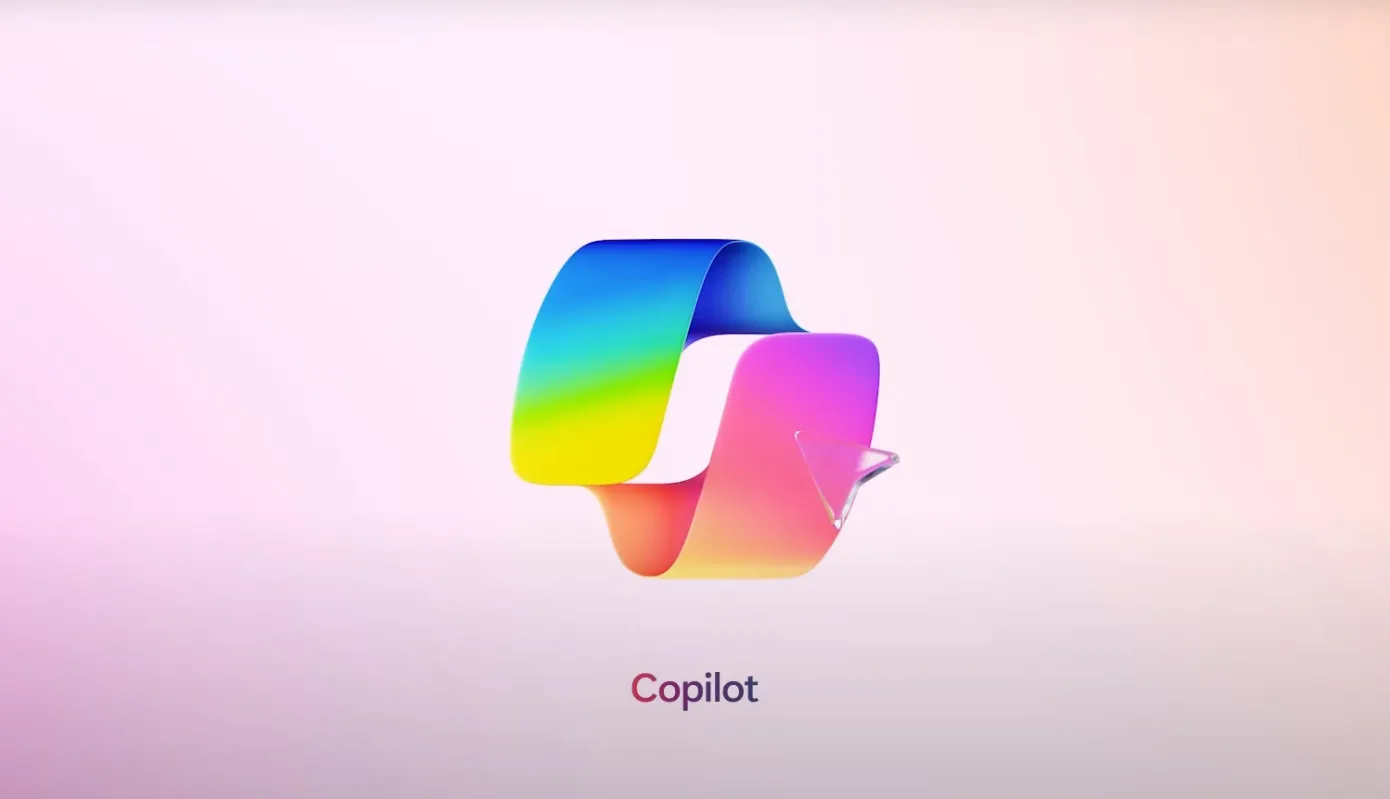
Microsoft Explores Alternatives to OpenAI for 365 Copilot
freecores.com – Microsoft, despite investing $13.75 billion in OpenAI since 2019, is reportedly considering alternative AI models for its 365 Copilot. This AI-powered tool is designed to assist users in creating documents, presentations, spreadsheets, notes, emails, and more, enhancing productivity across its suite of applications.
According to a report by Reuters, citing sources familiar with the matter, Microsoft’s decision to explore alternatives reflects its strategy to diversify AI dependencies and potentially reduce operational costs. While OpenAI’s model currently powers many of Microsoft’s AI solutions, including Copilot and Azure AI services, this move indicates the company’s intent to evaluate other options for long-term sustainability and innovation.
Microsoft has positioned itself as a leader in integrating AI into workplace tools, with 365 Copilot serving as a key feature for its Office 365 ecosystem. However, reliance on a single AI provider may come with financial and operational constraints. By exploring alternatives, Microsoft aims to ensure flexibility, cost-efficiency, and continued advancements in AI technology.
The report comes at a time when competition in the AI space is intensifying, with companies seeking to optimize performance while maintaining control over technology and costs. For Microsoft, this decision may also align with its broader vision of fostering innovation and expanding its AI capabilities beyond a single partnership.
Launched in 2023, Microsoft 365 Copilot quickly gained recognition for its integration with OpenAI’s GPT-4 model. This year, the tool added a new feature called Copilot Voice, further enhancing its functionality. However, Microsoft appears to be shifting its strategy, reportedly exploring alternative AI models for three key reasons: reducing costs, avoiding exclusive dependency on a single provider, and improving performance speed.
According to recent reports, speed enhancement has emerged as a crucial factor in Microsoft’s decision to diversify its AI resources. As of November 2024, 365 Copilot boasts over 28 million active users across Windows, apps, and websites, making optimization a priority for the tech giant.
Looking ahead, Microsoft plans to integrate a combination of internal and third-party AI models into 365 Copilot to achieve these goals. This shift aligns with the company’s unveiling of Phi-4, the latest model in its Phi series of generative AI systems. With approximately 14 billion parameters, Phi-4 offers a compact yet powerful solution tailored for specialized tasks like mathematical reasoning.
By leveraging Phi-4 alongside other AI models, Microsoft aims to maintain 365 Copilot’s competitive edge while improving the tool’s overall performance and scalability. This approach reflects Microsoft’s broader strategy to balance innovation with cost efficiency, ensuring sustainable growth in the rapidly evolving AI landscape.
“Also Read: Cyber Firm: Hijacked Chrome Extension Steals User Passwords”
OpenAI, the company that sparked the AI revolution with its chatbot ChatGPT, is now reportedly venturing into the development of a full-fledged humanoid robot. This ambitious move highlights OpenAI’s determination to expand its footprint in the rapidly evolving AI sector.
Recently, OpenAI unveiled its latest generation of reasoning models, referred to as “o3.” These models are touted as a significant step toward achieving Artificial General Intelligence (AGI), marking a potential breakthrough in the AI landscape. AGI represents an advanced form of artificial intelligence capable of performing a wide range of cognitive tasks at or beyond human levels, making OpenAI’s progress noteworthy.
The announcement coincides with increasing scrutiny from competitors and regulators. Reports surfaced suggesting that Google has urged the U.S. Federal Trade Commission (FTC) to terminate Microsoft’s exclusive agreement to host OpenAI’s technologies on its cloud platform. This agreement includes hosting ChatGPT, which has become one of the most prominent AI tools worldwide.
Google’s appeal to the FTC reflects the intensifying competition among tech giants in the AI sector. Microsoft’s partnership with OpenAI has positioned it as a leader in integrating cutting-edge AI into applications like 365 Copilot. However, this exclusivity has drawn criticism from rivals advocating for a more level playing field.
OpenAI’s plans to develop humanoid robots and its advancements in AGI signal its ambition to remain at the forefront of AI innovation. Meanwhile, regulatory developments surrounding its partnership with Microsoft could shape the company’s trajectory in the coming months.